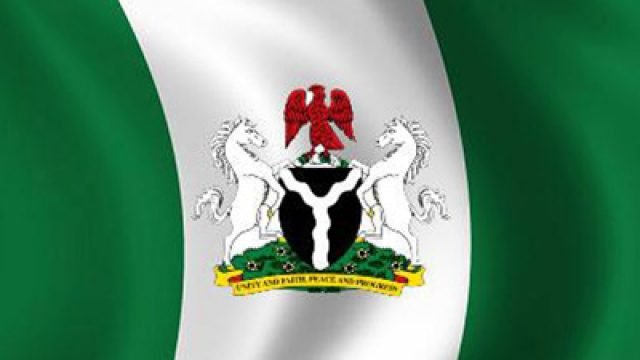In the vast heartland of Africa, we find a people called Nigerians—a nation perpetually caught in a waltz of contradictions. Six decades since its independence, it remains an enigma, a canvas splattered with vibrant hues of promise and muted tones of despair.
Act I: The Shuffle The stage was set in 1960—a jubilant crowd, the air thick with hope. The colonial shackles fell, and Nigeria stepped into the spotlight. But what followed was not a triumphant march; it was a shuffle. Leaders pirouetted across the political spectrum, each promising progress, yet leaving behind footprints of stagnation. Policies changed like the seasons, and citizens spun in confusion, dizzy from the perpetual dance.
Act II: The Experimentations: The orchestra played discordant notes. Military regimes swept in, their boots echoing in the corridors of power. They experimented with ideologies—socialism, capitalism, and everything in between. The economy swayed like a reed in a storm, while the masses clung to fragile dreams. The experimentations yielded no alchemy; only rusted factories, crumbling infrastructure, and a currency devalued to insignificance.
Act III: The Dysfunctional Ballet Enter the oligarchs—the puppeteers behind the scenes. Their interests, like dark tendrils, entwined with the nation’s fate. Dysfunctions festered: corruption, nepotism, and a judiciary that danced to their tune. The masses, weary but resilient, raised their voices—the hues of their protests blending with the crimson soil. Yet, the entrenched interests remained unmoved, cocooned in privilege.
Act IV: The Report Cards: International observers scribbled assessments. Nigeria’s report cards bore mixed grades: “Resource-rich but mismanaged,” “Democracy in name only,” “A nation of paradoxes.” The citizens, their voices amplified by satellite beams, pleaded for change. But the entrenched interests had mastered the art of selective deafness. The noise of the vast disemboweled majority faded against the crescendo of their own ambitions.
Act V: The Dance of Shadows And so, Nigeria twirls—a dance of shadows on the global stage. Its oil wells gush, yet its people queue for fuel. Its universities cradle brilliance, yet brain drain steals its brightest minds. Its music reverberates worldwide, yet its hospitals gasp for basic supplies. The diaspora sends remittances, while the homeland grapples with decay.
Finale : The Unfinished Symphony As the curtain falls on each regime, the audience holds its breath. Will this be the final act? Will Nigeria break free from the choreography of mediocrity? The answer lies not in grand speeches or military parades but in the quiet resolve of ordinary Nigerians—their resilience, their dreams, their hunger for true progress.
And so, the dance continues—a blend of sorrow and defiance, of missed steps and fleeting glimpses of grace. Perhaps, one day, Nigeria will pirouette into a new dawn—a nation no longer in flux but firmly anchored in purpose. Until then, the spotlight remains, casting both illumination and shadows, revealing a nation still seeking its rhythm, still yearning for a symphony that resonates with the heartbeat of its people.
Last lines
While not loosing hope of a possible national rebirth someday, I conclude by insisting that:
1. Today’s inaction births tomorrow’s catastrophe.”
Here I remind us all that complacency and delay have consequences. The challenges Nigeria faces—corruption, insecurity, economic instability—cannot be swept under the rug nor assuaged with palliatives. Every moment lost is a step toward irreversible damage.
2. “Hope deferred makes the heart sick; action deferred makes the nation suffer.”
Inspired by Proverbs 13:12, I am emphasizing that hope alone is insufficient. It’s time to move beyond rhetoric and take tangible steps. The heart of Nigeria—the dreams of its people—aches for change. Let action be the remedy.
Charles Ugwu, PhD, is a consultant in human resources.
![]()



